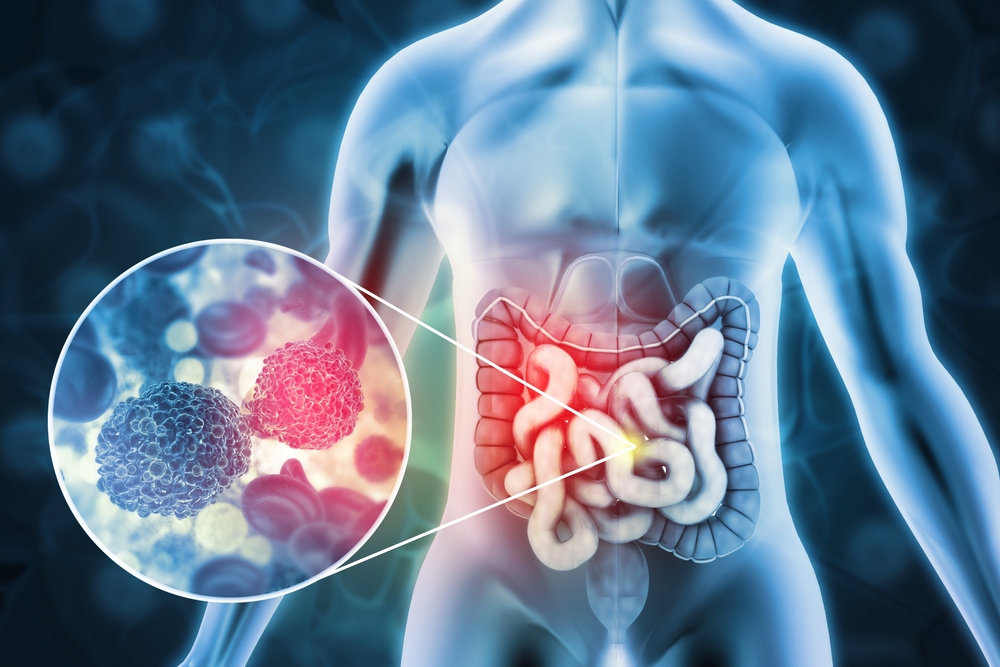Now Reading: Early Cancer Risk Linked to Childhood Bacterial Exposure
-
01
Early Cancer Risk Linked to Childhood Bacterial Exposure
Early Cancer Risk Linked to Childhood Bacterial Exposure

Quick Summary
- Colorectal cancer increasingly affects young adults, with early-onset cases projected too become a leading cause of cancer-related deaths in them within five years.
- Causes remain unclear as genetic links and risk factors like obesity fail to consistently explain the surge.
- A study from the University of California San Diego, published in Nature, associates colibactin – a toxin produced by certain strains of E. coli – with early genetic mutations leading to colorectal cancer.
- The research analyzed 981 colorectal cancer genomes globally and found colibactin-linked mutations were 3.3 times more likely in patients under 40.
- Crucially, these mutations occur during childhood (under age ten), shifting understanding of how early-life environmental exposure impacts long-term health risks.
- Researchers are investigating methods like non-invasive stool testing and probiotics for potential early detection or prevention strategies.
Read More: Colon Cancer Rates Are Rising in Young Americans
Indian Opinion Analysis
The study’s focus on the connection between bacterial toxins such as colibactin and childhood-triggered mutation patterns represents an critically important shift in our understanding of cancer causation. It’s implications for India are substantial considering widespread concerns over hygiene, environmental bacterial exposure, and food safety standards.
India’s unique challenges tied to sanitation infrastructure could heighten susceptibility among its younger population if similar microbes linked to colibactin thrive undetected. This underscores the urgent need for robust public health interventions that hinge on preventive measures like improving access to gut-health monitoring tools (e.g., stool-based tests) or affordable probiotics.While this research emphasizes global trends rather than specific regional contexts, applying its findings domestically may offer valuable insights into preventing a potential rise in colorectal cancers among Indian youth thru targeted awareness campaigns focused on diet and hygiene practices.



























